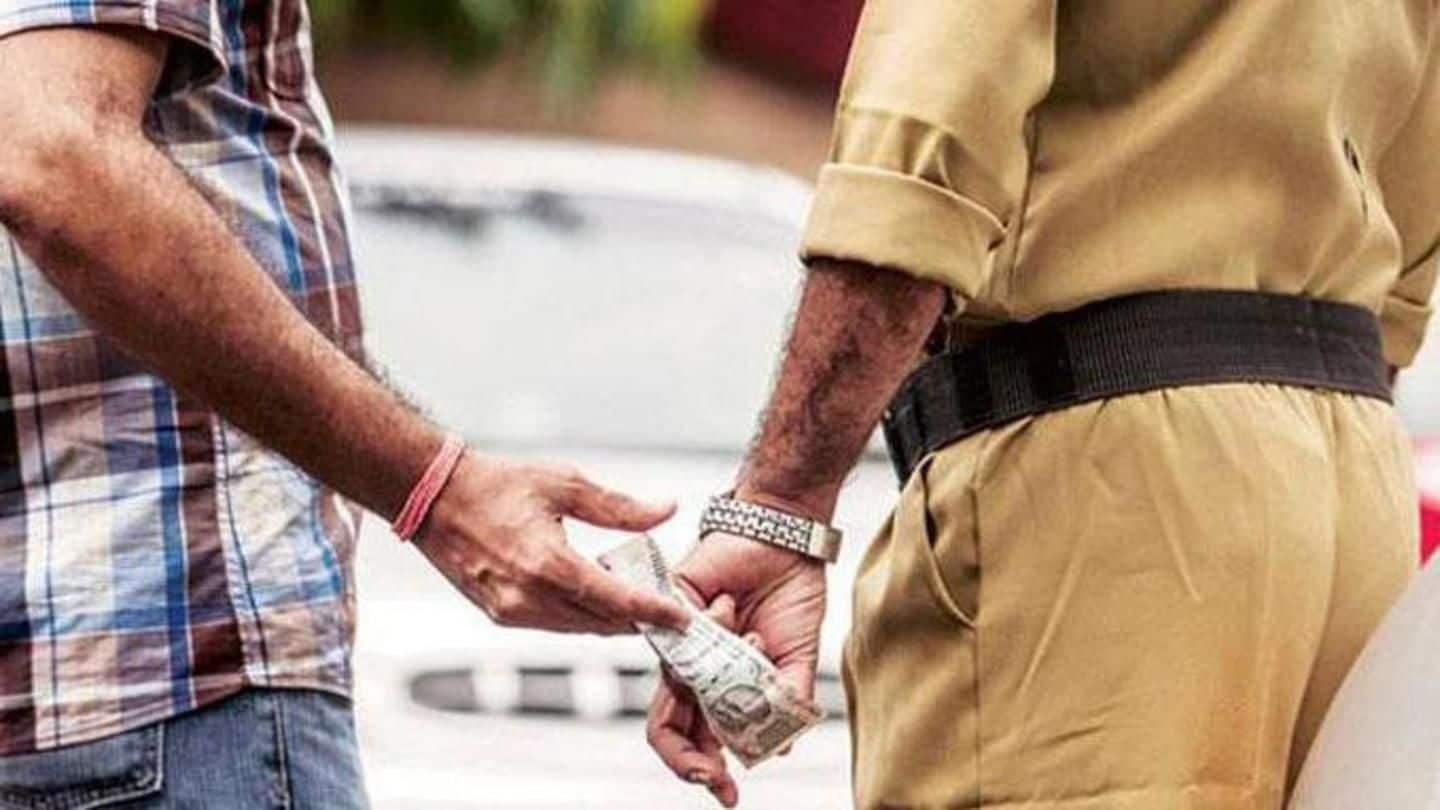
New law recommends seven-year imprisonment for bribe givers
What's the story
The Rajya Sabha yesterday passed a bill to punish those giving bribes to public servants, approving imprisonment of up to seven years. The Prevention of Corruption (Amendment) Bill was introduced by the UPA government in 2013, but was being examined by various committees. Junior Minister for Personnel Jitendra Singh called it a "historic legislation" which also protects bureaucrats from malicious complaints.
Bribe givers
Bribe givers will be punished, but those bullied have immunity
The amended bill recommends imprisonment of up to seven years or fines or both for those bribing officers. Simultaneously, it protects those forced to give bribes, who will get two weeks to prove they were bullied into it. Trials in cases of corruption by public servants would be completed in two years. Singh said more amendments might be brought in.
Bribe takers
Bribe takers will be jailed, but those maliciously targeted shielded
For bribe takers, the bill proposes a minimum of three years' imprisonment, which may extend to seven years, plus fine. However, it shields those accused maliciously, including retired officials, by making it mandatory for investigating agencies to seek permission before initiating an enquiry. Permission isn't necessary for officials arrested on the spot for accepting or attempting to accept "undue advantage."
Information
'Commercial organizations' also under the bill's ambit
The bill also includes commercial organizations. "A commercial organisation shall be guilty of an offense and shall be punishable with fine if any person associated with the commercial organisation, gives or promises to give, any undue advantage to a public servant," it said.
Status
Bill now goes to the Lok Sabha
The bill was passed with 43 amendments, which reports called a "rare feat." One notable amendment was replacement of the word 'Lokpal' with "competent authority." When asked about it, Singh said the delay in implementing 'Lokayukta' was "beyond our control." The bill will now go to the Lok Sabha, which is expected to vote on it next week, either Monday or Tuesday.